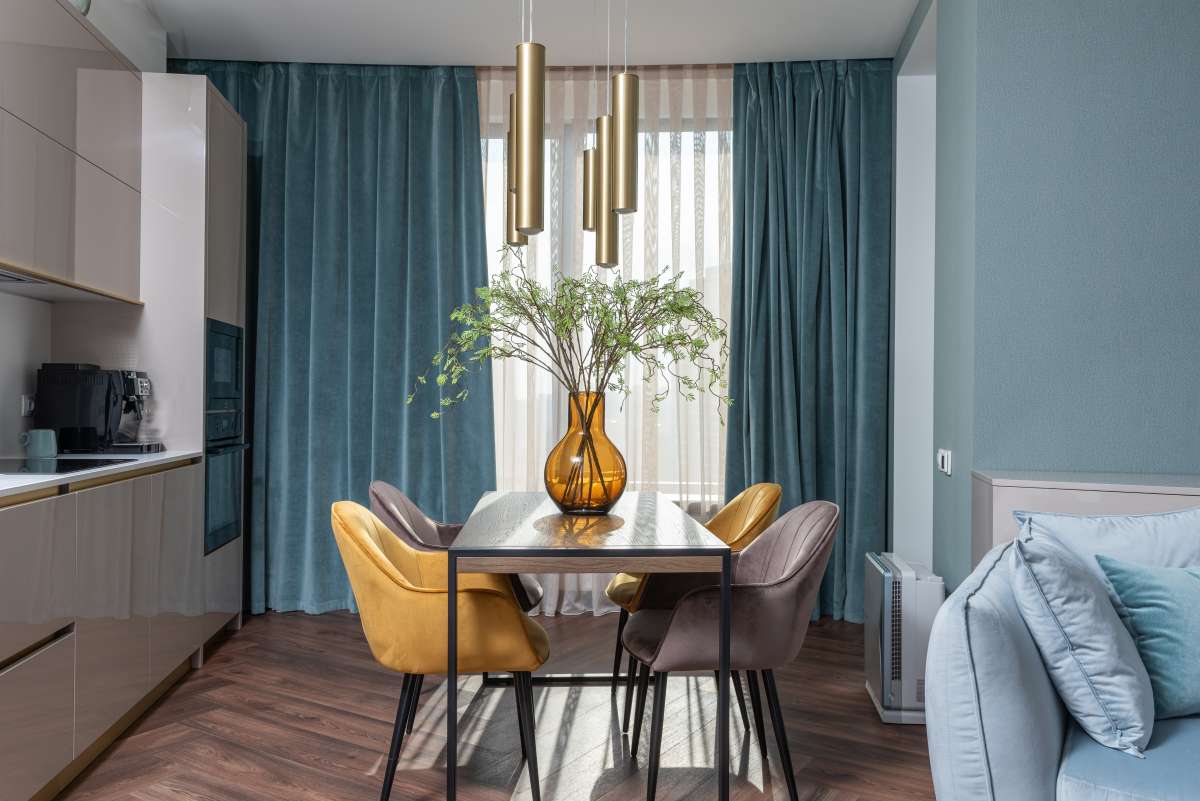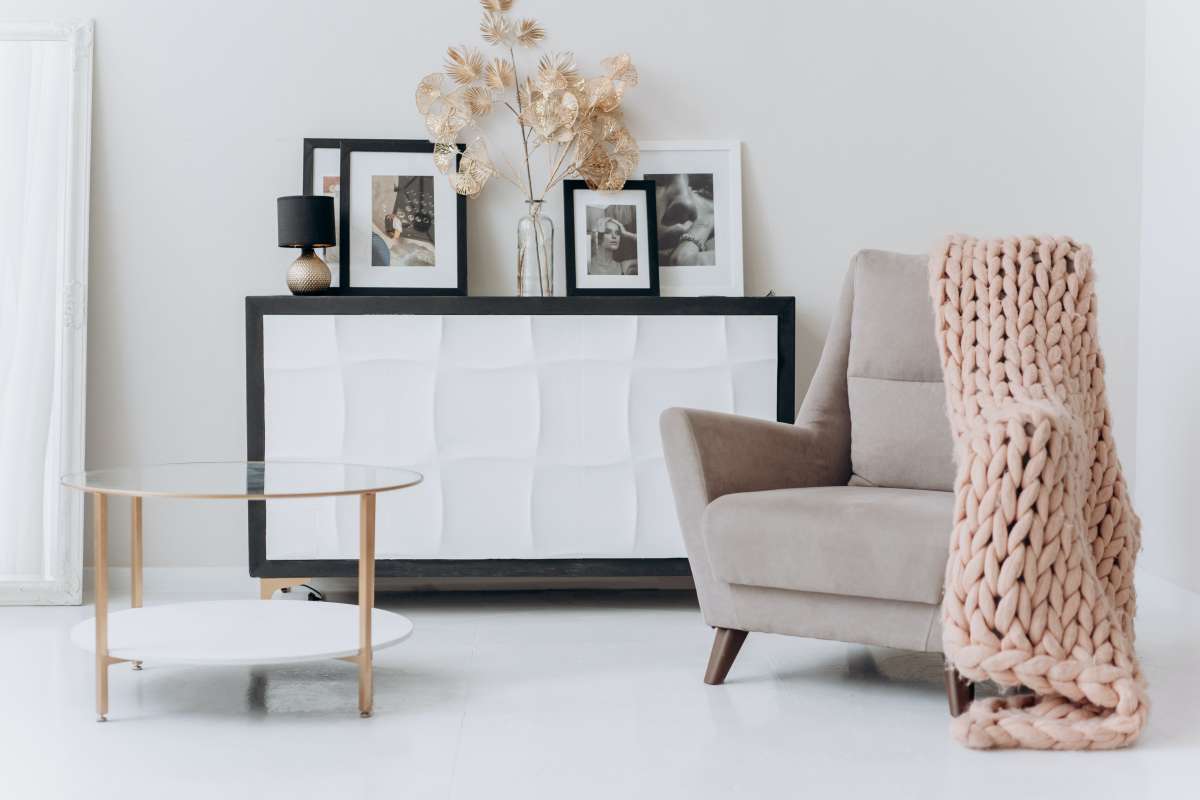Scandinavian and minimalistic design are the two most sought-after home décor trends. People like to keep it simple, minimal and functional, and these are the key features of the Scandinavian styled theme. So, when we think about Scandinavian design, it often reminds you of minimalism. But they are not same and here is what you should know about Scandinavian and minimalistic design.

Minimalistic design is all about using industrial materials and geometric forms in a flowing, open-concept space with white and black colour schemes. It focuses on simplicity and functionality for furnishings. But modern minimalism has now allowed different textures and other cozier aspects to incorporate along with the furniture.
Also Read | Five interesting ways to redefine your kitchen
The term minimalism was first used in the year 1960 to describe the work of American visual artists. Experts also believe that minimalistic design has also been influenced by the traditional Japanese design to some extent.
 Scandinavian Design
Scandinavian DesignScandinavian design focuses on natural materials, pale colours and minimalistic shapes in open interiors. The modern concept of minimalistic design originated in the Nordic region of Sweden, Denmark, Finland, Iceland, Norway. A wooden cottage with monochromatic colour schemes and artwork is the perfect example of a Scandinavian-themed home.
01. A house can be both Scandinavian and minimalistic at the same time but there would be some differences in colours, patterns, furnishings and lights. Scandinavian mainly uses whites and greys, whereas minimalistic style depends on a natural palette.
02. Scandinavian opts for multi-functional furniture but a minimalistic theme depends on the materials in raw form.
03. Scandinavian creates a strong connection to nature and hence it uses curved wooden chairs, hemp rugs, woven baskets etc. And minimalistic style uses steel, copper, metals etc. as it is based on industrial materials.
Also Read | Rupin Suchak redesigned Sonakshi Sinha’s home in Juhu with ultra minimalism and functionality